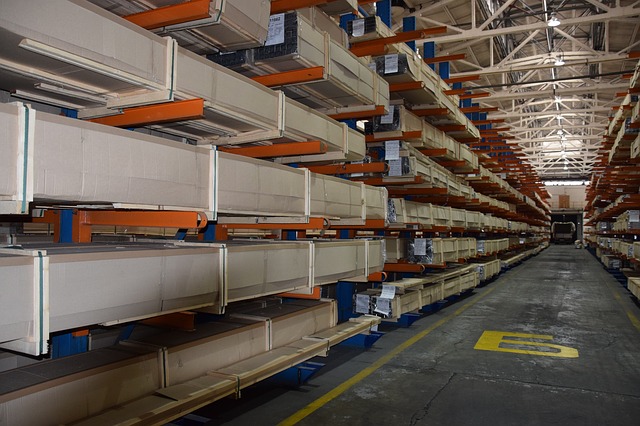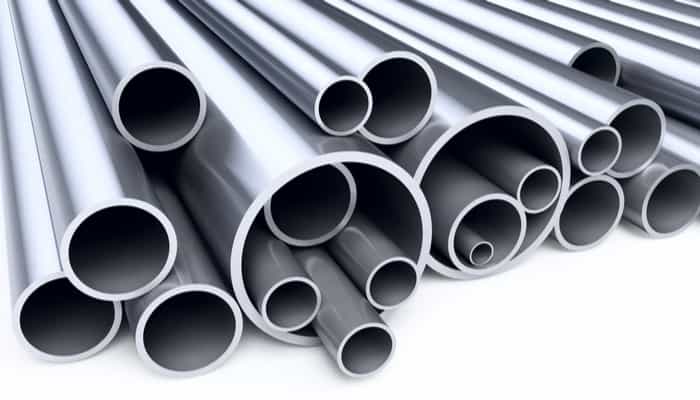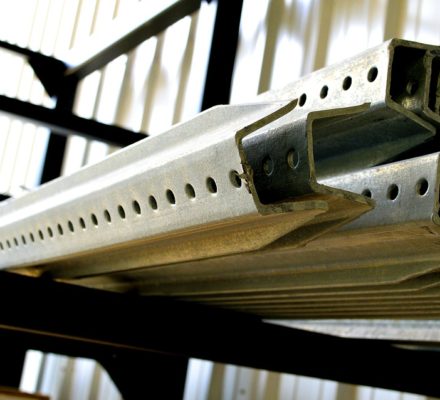7 ways aluminum compares to steel for fabrication projects
Table of Contents
Planning to start a construction project? You probably are wondering whether to choose aluminum or steel? See how they compare and make an informed decision.
Steel and aluminum are two of the most popular fabrication metals. Aluminum is the second most widely available metal element after silicon, while steel is the most popular alloy.
Both aluminum and steel are metals widely used across industries and for different projects and products. To determine which of the two suits your needs best, you need to be aware of every aspect they differ in.
These two materials have very distinct sets of characteristics that make them right or wrong in the light of your needs. To make this decision easier, Ensure to contact the best metal fabrication company in Dubai for professional advice on the best metal choice.
There are a couple determining factors on the metal of choice they include:
- Cost
- corrosion resistance
- Strength
- Weight
- Thermal conductivity
- Electrical conductivity
- Ease of fabrication
1. Aluminum vs. steel: cost differences comparison
Cost is a significant determinant of any fabrication project. The price of these metals keeps fluctuating depending on the global demand and supply, fuel prices, and the price and availability of iron and bauxite ore.
Generally speaking, though, steel measured per pound is cheaper compared to aluminum. However, steel varieties like mild steel, carbon steel, and stainless steel tend to be much pricier than aluminum.
The cost of material has a direct impact on fabrication. If you fabricate the same amount of steel and aluminum, steel will always cost less in comparison.
2. Aluminum vs. steel: corrosion resistance comparison
Aluminum is a metal that is 100% corrosion resistant without requiring further treatments. It doesn’t rust or require coating or paint that can be scratched off, as its natural oxide film protects it.
Fabrication companies can further enhance aluminum by various finishes, such as powder coating, brushed finish, painting, media blasting, polishing, or other techniques.
On the other hand, steel requires a stainless alloy to make it corrosion-resistant. It will require curing, painting to protect it from rust or corrosion, primarily if it is located in an environment that is very wet, moist, or abrasive in any way.
3. Aluminum vs. steel: strength comparison
Strength is a critical quality to consider, especially in high-stress applications. Steel is harder than aluminum despite it being at risk of corrosion. On the other hand, aluminum has a higher strength-to-weight ratio than steel since it weighs less.
A larger aluminum part may offer more strength at a lower weight than the steel alternative. While steel is less likely to warp or bend from weight, force, or heat. These resistant properties make it one of the most durable industrial materials.
Therefore it is vital to Identify which metal has the better strength for your application depending on your design’s flexibility.
4. Aluminum vs. steel: weight comparison
Since steel is superior in strength compared to aluminum, its shape, and structural rigidity can contribute to the strength of a structure. On the other hand, aluminum can also provide reliability to a steel structure at only half the weight.
It, therefore, is the go-to metal in boat construction since aluminum is lighter than steel. It provides both reliability and the proper weight ratio in comparison to steel.
5. Aluminum vs. steel: thermal conductivity comparison
Aluminum has been considered a better thermal conductor than steel. It is often used in applications where heat distribution is required, such as in heat sinks.
However, we cannot quantify everything simply because steel is a poor conductor of heat. Hence, it is a good choice for high-temperature environments like airplane engines.
Your metal fabricator will look at your project type and decide the best metal according to your needs.
6. Aluminum vs. steel: electrical conductivity comparison.
Aluminum is an excellent conductor of electricity, while steel is not known for being a great conductor.
Since aluminum is a good conductor of electricity, considering its lightweight properties and ability to resist corrosion. It is common to see aluminum sheet metal used in high-voltage overhead power, car radiators, and air conditioning units.
Aluminum’s density and exceptionally lower cost make it a brilliant choice for many large-scale electrical applications, including electrical power cables, electrical power connectors, and even circuit breaker electrical contacts.
Steel, on the other hand, is a poor conductor of electricity. It is perfect for electrical enclosures for wall-mounts, floor mounts, and freestanding junction boxes made with steel.
7. Aluminum vs. steel: ease of fabrication.
Aluminum is generally hard to weld compared to steel. However, it can be molded or cut into the desired shapes if working with a professional fabricator.
In contrast, stainless steel fabrication strategies often include some or all of the following;
- Machining to create crisp edges and to ensure the lowest degree of chipping or cracking.
- Welding to create lasting joins.
- Work hardening to create durable, rigid structures that stand up to long-term use.
The lower the melting point of aluminum, the lower the aluminum is. It is much more versatile and malleable during the fabrication process.
Should you choose aluminum or steel for your fabrication?
Choosing steel or aluminum for your project is ultimately dependent on the kind of project you want to invest in and your budget. For example, if strength and durability are the most important attributes for your design, and the shape is not too complex, perhaps a steel alloy is the better option.
On the other hand, aluminum is probably the better choice if you need an excellent strength-to-weight ratio, corrosion resistance, and the ability to form a unique shape.
If you are still unsure which metal is suitable for your project, you can reach out to us at eminence metal. We would be more than happy to assist you.
Frequently Asked Questions
What is the difference between steel and aluminum?
Aluminum is an element that is naturally found in the Earth’s crust. While steel is an alloy, that is a mixture of two or more metallic elements. Most of the time it is made from fusing iron and carbon together.
What is the main weakness of aluminium?
Aluminum’s main weakness is that it tends to warp at high temperatures and unlike steel, does not glow red before melting. Aluminum alloys also feature a lower fatigue limit than steel and will continually weaken with repeated stress. They are rarely used in fabrication applications that require high fatigue rates.



